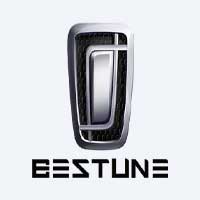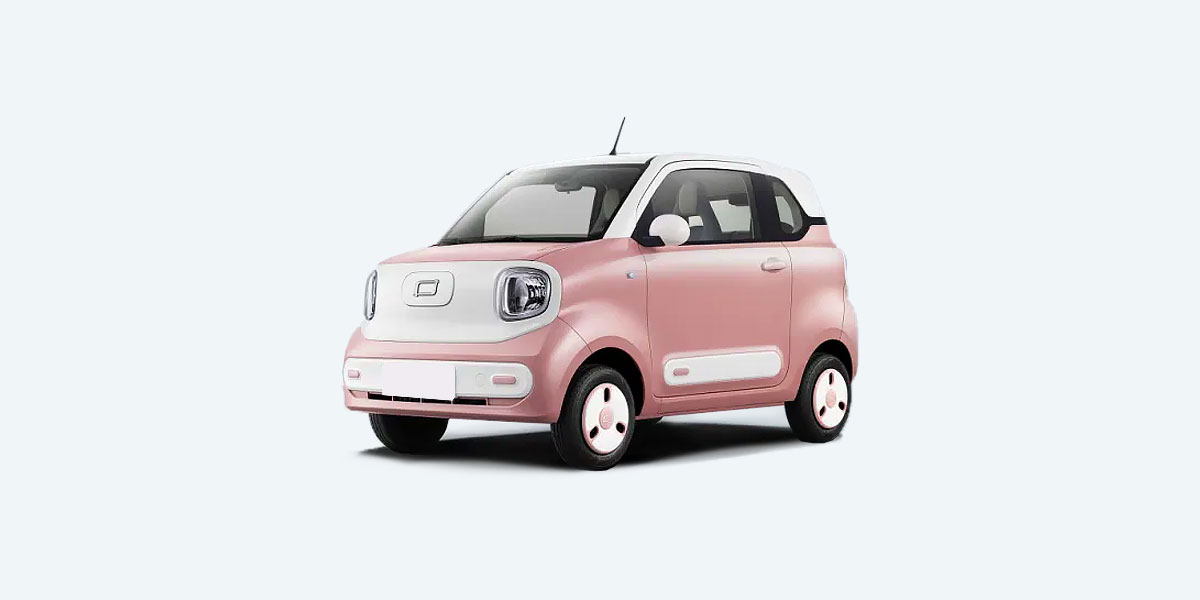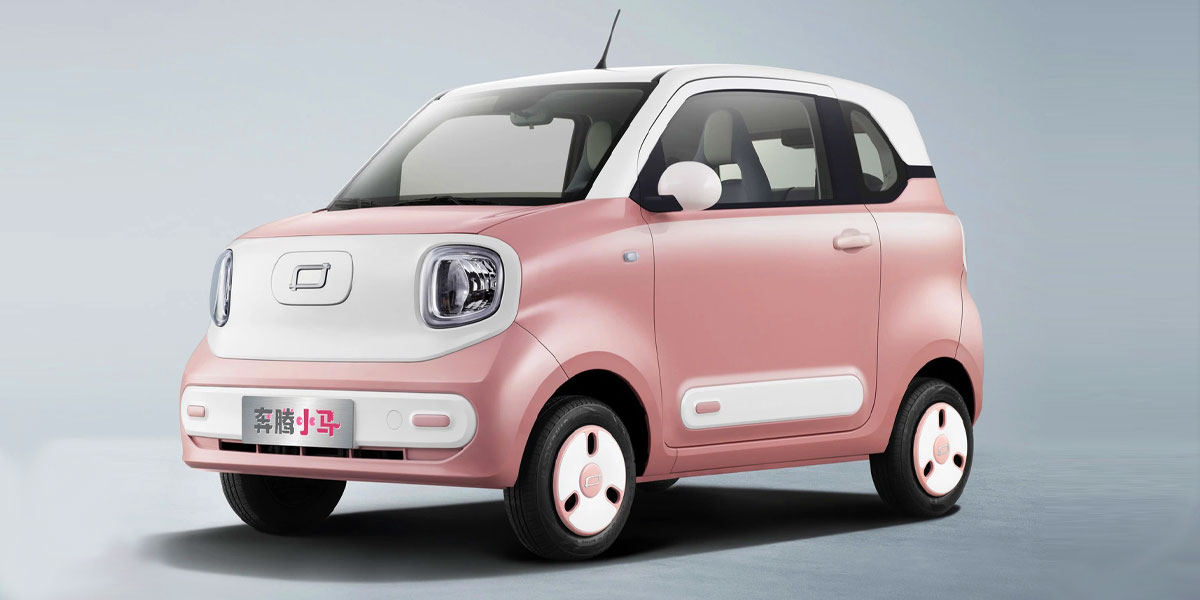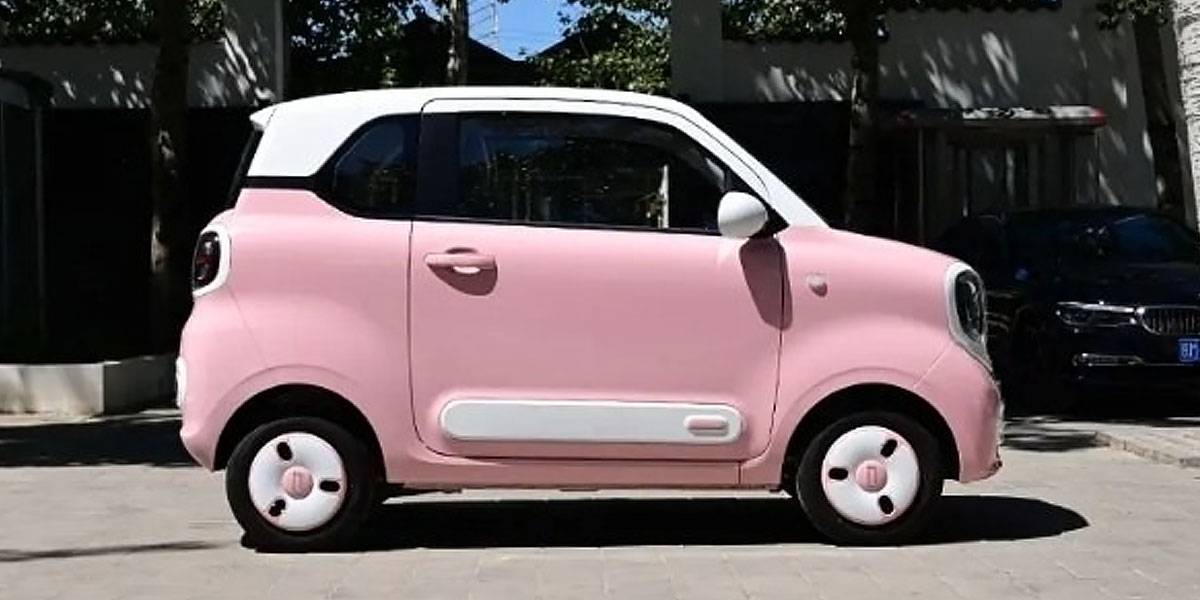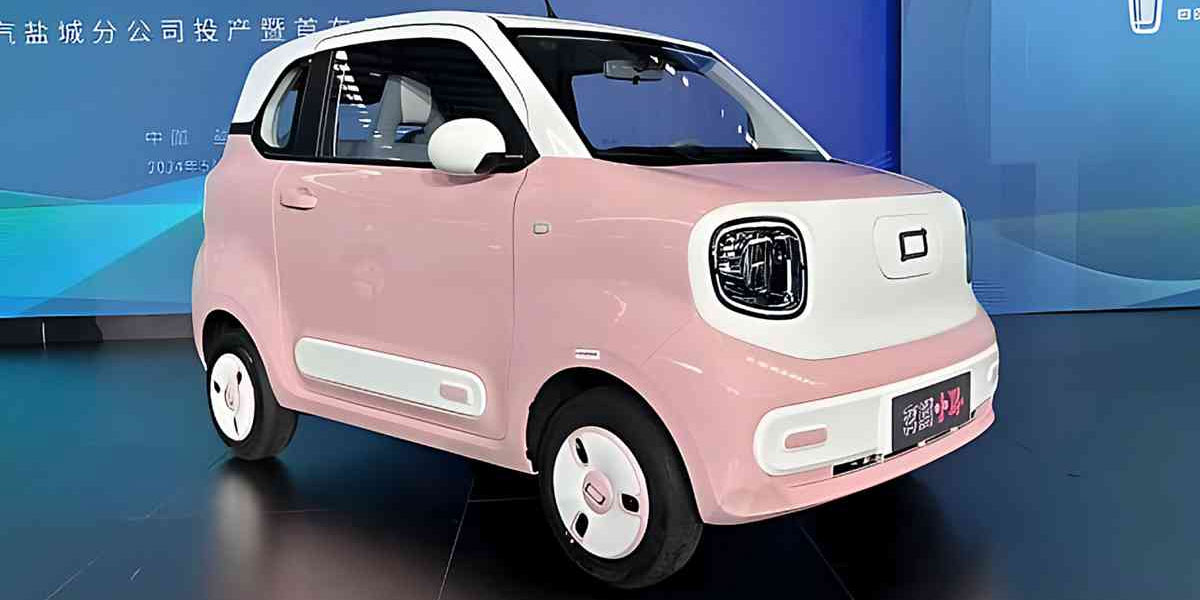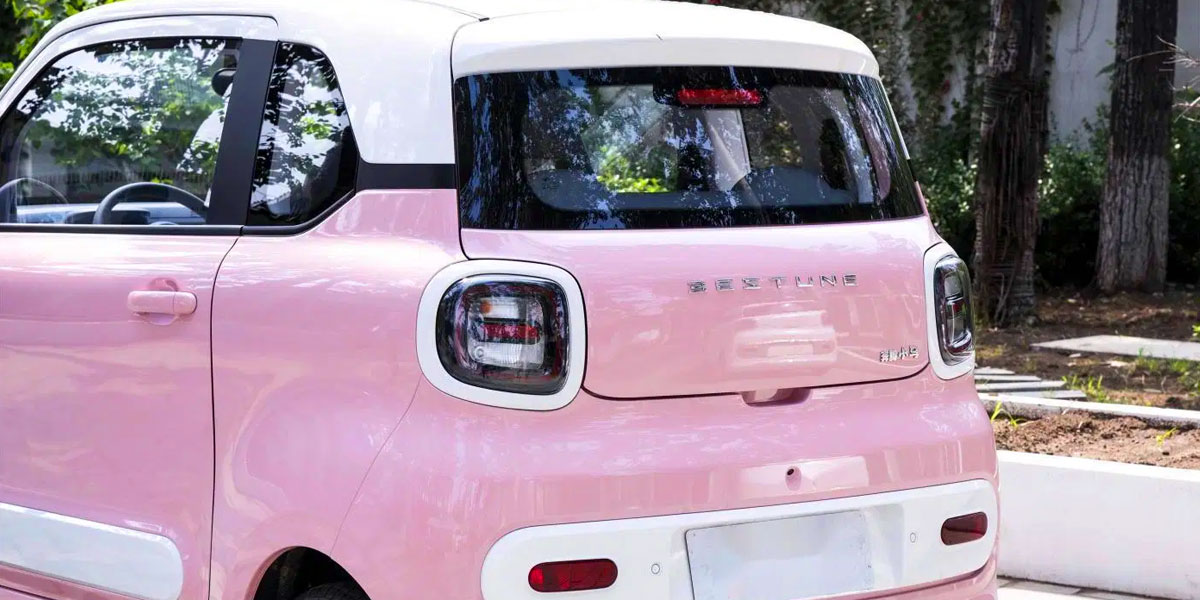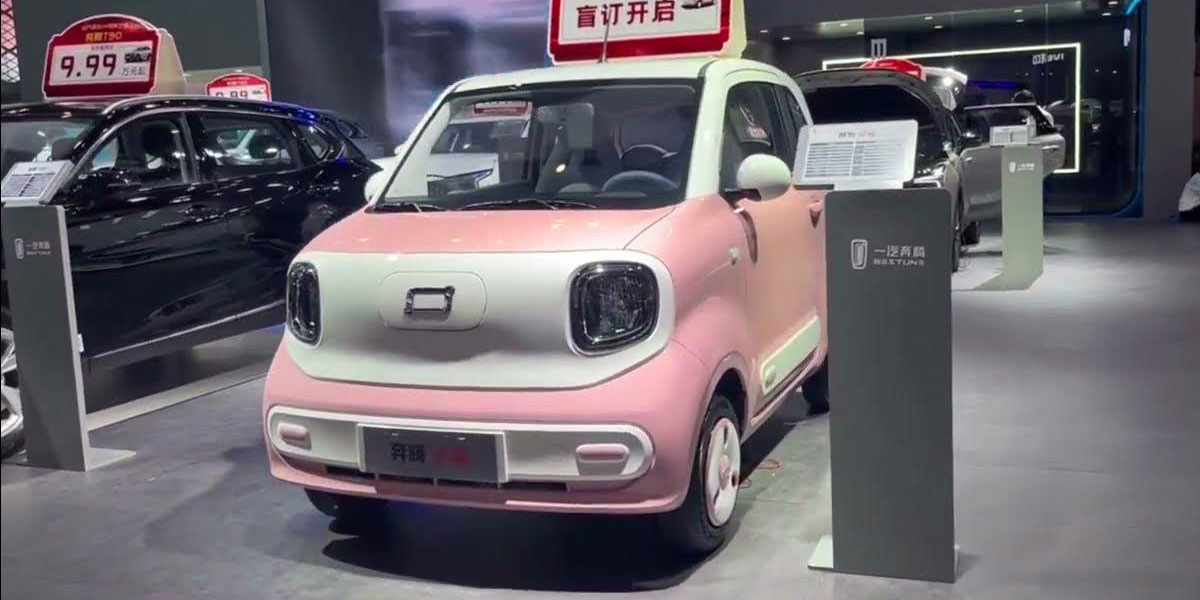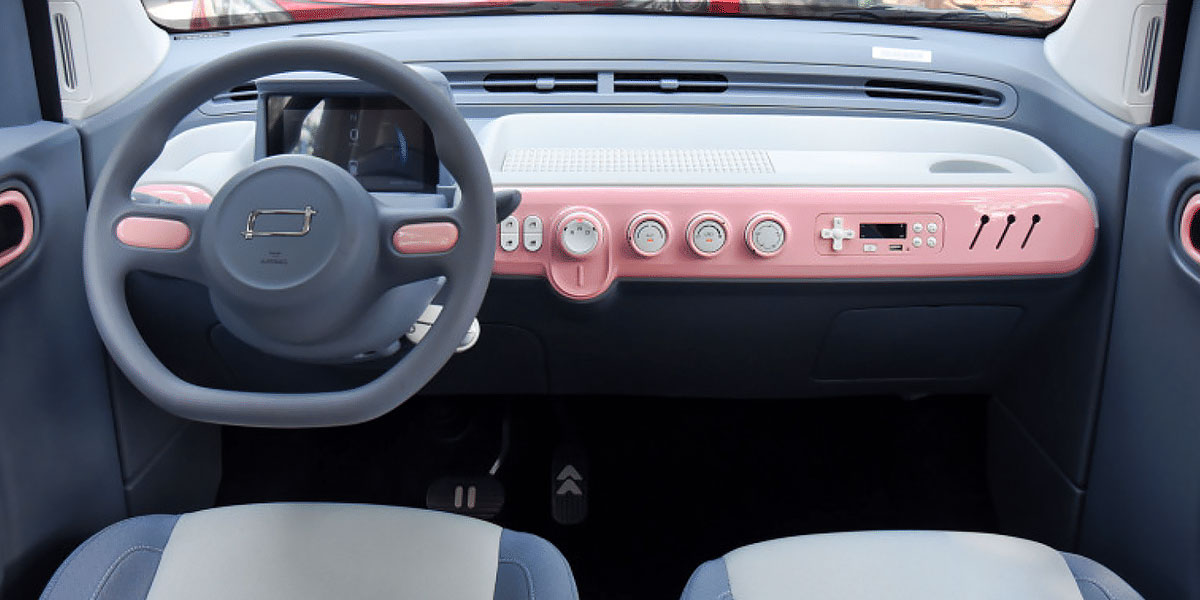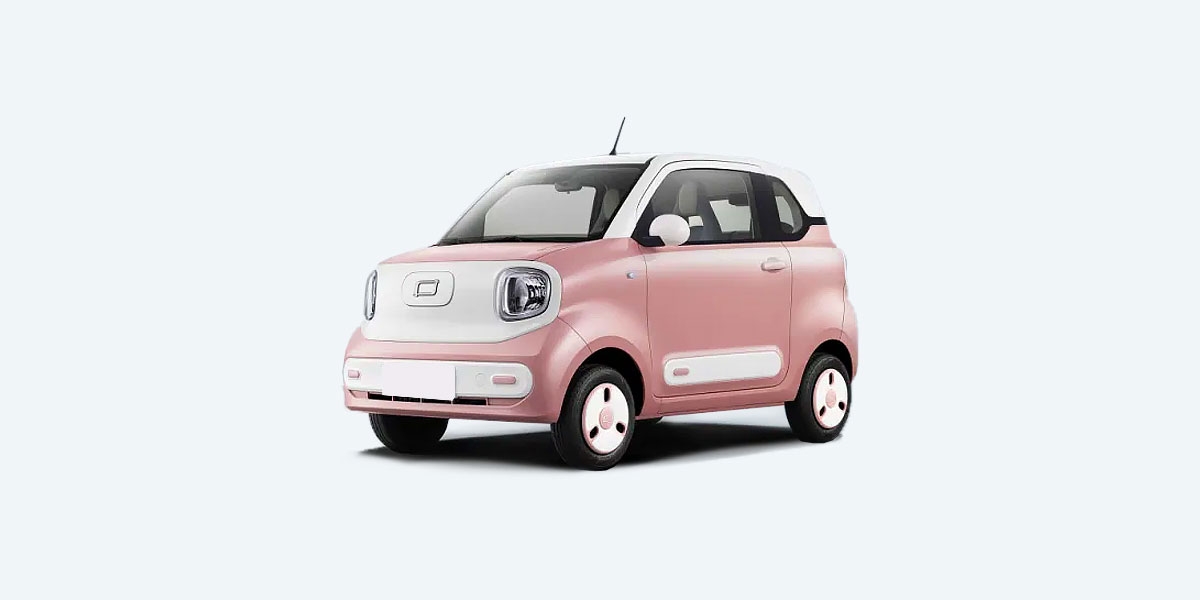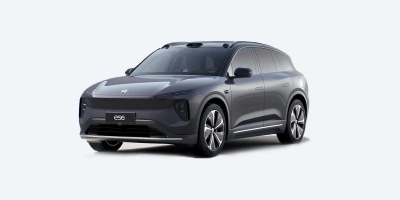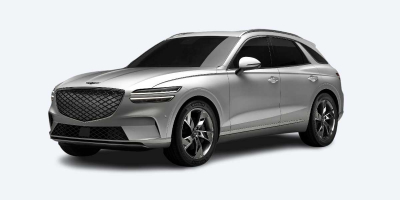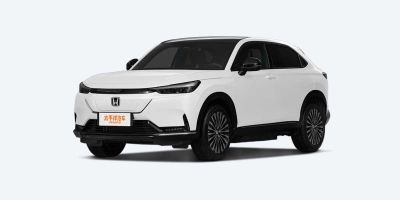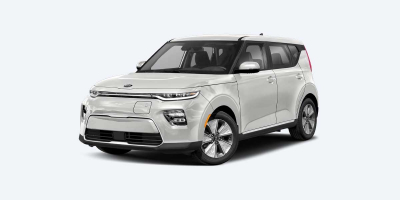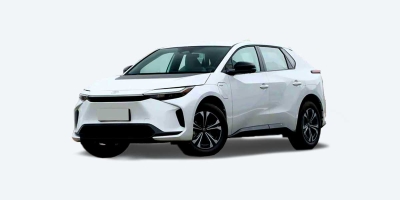Bestune Xiaoma
User Rating: 3.75 / 5
![]()
![]()
![]()
![]()
![]()
Bestune Xiaoma Review ⚡
What is Bestune Xiaoma?
Bestune Xiaoma is a sleek, modern vehicle, characterized by its stylish design and advanced technology. It stands out for offering a dynamic driving experience with a focus on comfort and efficiency.
Bestune Xiaoma price:
US$ 3710 *
| manufactured in | China |
| sales start | 2024 |
| range (km) | 170 |
| battery (kWh) | 14 |
| max. speed (km/h) | 100 |
| power (h.p.) | 27 |
| car type | hatchback / 3 doors |
| drive type | RWD |
* Minimum price set by the manufacturer, excluding taxes and additional options
The Bestune Xiaoma: A Beacon of Urban Electric Transportation
In the buzzing corridors of modern cities, a distinctive participant emerges in the electric vehicle brigade—the Bestune Xiaoma. Crafted with precision and the promise of sustainability, this compact electric vehicle strides confidently onto the urban stage. It's not merely a mode of transference but a statement of style, efficiency, and technological advancement. Here's a detailed delve into the Bestune Xiaoma, posturing itself proudly in the competitive realm of electric vehicles.
A Comprehensive Look at the Bestune Xiaoma's Design and Dimensions
With dimensions that whisper convenience but shout practicality, the Bestune Xiaoma boasts a length of about 3 meters (118 inches), a width of 1.51 meters (59.4 inches), and a standing height of 1.63 meters (64.1 inches). Orchestrating a dance on a wheelbase of 1.953 meters (76.9 inches), it promises agility in the clogged arteries of city traffic. The Xiaoma's design is a refreshing rendition of the electric city car archetype, with a nifty arrangement of boxy proportions and concise overhangs, illuminated by square head and taillights. These lights, akin to the eyes of a vigilant urbanite, ensure clear vision and safety, making it an admirable contender against its peers.
Under the Hood: Engine Specifications and Driving Dynamics
The powertrain of the Bestune Xiaoma, a modest yet reliable 27-horsepower electric motor from Shuanglin, propels the vehicle to a maximum speed of 100 km/h (about 62 mph). Though not the most robust in the horsepower department, the setup is sufficient for nimble city maneuvers and brisk commutes. The LFP battery system, while its full capacity remains under wraps, promises consistency and endurance. Paired with a rear-wheel-drive configuration, it transcends the traditional expectations from a vehicle of its class, offering a balanced and responsive ride.
Utility Meets Style: Interior and Practical Features
Inside the Bestune Xiaoma, functionality and flair coexist. Though the specifics of the interior remain somewhat enigmatic due to limited governmental disclosures, glimpses into the concept car version unveil an LCD instrument panel radiating contemporary vibes, a two-spoke steering wheel that marries comfort with control, and seats draped in leatherette, offering a plush enclave for passengers. The utilitarian aspect isn't overshadowed, with features like a front camera, which could prove indispensable for novice drivers, a video recorder, and a rearview camera enhancing both convenience and safety.
Efficiency and Economy: Pricing and Market Position
The Bestune Xiaoma is set to impress not just with its features and performance but also through its accessibility. With a starting price of approximately US$ 3,710 (about €3,475 or £2,970), it is positioned as an economizing choice within the electric vehicle sector. Manufactured in China with an expected market launch in 2024, the Bestune Xiaoma is not merely a vehicle—it is a vision of what affordable and accessible urban electric mobility can look like.
Charging Port Secrets and Additional Perks
A cleverly concealed charging port behind the charming Bestune emblem offers a swift connection to the energy source, ensuring that the Xiaoma is always ready to scuttle through the cityscapes. Optional enhancements like stylish wheel covers and an exterior styling package allow owners to personalize their Xiaoma, making it a distinctive beacon on the roads.
A Comparative Frame of Reference: Bestune Xiaoma vs. Competitors
Positioned to challenge models like the widely recognized Wuling Hongguang Mini EV, Bestune Xiaoma steers through the competition with its larger frame, innovative design elements, and packed features offering a relatable yet elevated driving experience.
F.A.Q. about Bestune Xiaoma:
What is the range of an electric vehicle on a single charge?
The Bestune Xiaoma has a range of 170 km (approximately 106 miles) on a single charge.
What is the top speed?
The Bestune Xiaoma has a top speed of 100 km/h (approximately 62 mph).
How long does it take to fully charge an electric vehicle?
The time to fully charge the Bestune Xiaoma depends on the charger used, but it generally takes about 5-6 hours with a standard Level 2 charger.
What is the price of a car?
The Bestune Xiaoma is priced at around $3,710 (approximately €3,150 or £2,730 depending on current exchange rates).
What is the battery capacity?
The battery capacity of the Bestune Xiaoma is 14 kWh.
What is the total power?
The Bestune Xiaoma has a total power output of 27 horsepower (approximately 20 kW).
What is the drive type?
The Bestune Xiaoma features rear-wheel drive (RWD).
What type of car is the Bestune Xiaoma?
The Bestune Xiaoma is a hatchback with 3 doors.
When will the sales start?
Sales for the Bestune Xiaoma will start in 2024.
Comparison of Bestune Xiaoma:
Range: Hummer EV vs. Rivian R1T vs. Tesla Cybertruck vs. Ford F-150 Lightning
The Bestune Xiaoma stands tall among its contemporaries like the Nissan Leaf, Chevy Bolt, BMW i3, and Renault Zoe within the same hatchback class. With 170 km (106 miles) of range, it steps ahead of the BMW i3 which boasts only about 160 km (99 miles). The Chevy Bolt nudges ahead with 200 miles (322 km), while the Nissan Leaf offers 226 miles (364 km). The Renault Zoe fits snugly in, clocking in at around 245 miles (394 km) on a full charge.
Acceleration: Bestune Xiaoma vs. Competitors
The Bestune Xiaoma, boasting a top speed of 100 km/h (62 mph), is more about a leisurely drive than tearing up the tarmac. In contrast, the Chevy Bolt rockets from 0 to 60 mph (97 km/h) in about 6.5 seconds. The BMW i3 is also sprightly, clocking in at 7.2 seconds for the same sprint. The Nissan Leaf falls in at 7.9 seconds, while the Renault Zoe makes it in 9.5 seconds. Clearly, the Xiaoma prefers to cruise rather than race.
Power: Motor Performance Among the Hatchbacks
The Bestune Xiaomas 27 h.p. motor might seem modest compared to the Chevy Bolts robust 200 h.p. The BMW i3 offers a respectable 168 h.p. Likewise, the Nissan Leaf brings 147 h.p. to the party, and the Renault Zoe carries 107 h.p. Thus, the Xiaoma is clearly built for efficiency and urban commuting, leaving the power wars to its competitors.
Charging Time: How Long to Juice Up?
The Bestune Xiaoma features a 14 kWh battery, which should be relatively quick to charge given its smaller size. A typical home wallbox would top it off in a matter of hours vis-à-vis the Chevy Bolts 60 kWh battery which requires around 10 hours. The BMW i3 with its 42.2 kWh battery charges up in approximately 6 hours. Nissan Leaf requires about 7.5 hours for its 40 kWh battery, and the Renault Zoe needs roughly 9 hours for its 52 kWh battery. The Xiaoma wins hands down in the charging time department, perfect for those short on patience.
Price: The Financial Aspect
The Bestune Xiaoma trumps the lot in affordability, retailing around 3710 USD (3,040 GBP, 3,440 EUR). This is an absolute bargain compared to the Chevy Bolt which hovers around 31,000 USD (25,450 GBP, 28,840 EUR). The BMW i3 lands at a lofty 44,450 USD (36,500 GBP, 41,360 EUR). Nissan Leaf and Renault Zoe offer mid-range options with prices around 27,400 USD (22,500 GBP, 25,500 EUR) and 32,860 USD (27,000 GBP, 30,570 EUR) respectively. The Xiaoma may not be the powerhouse among these contenders, but it is the undisputed champion of cost efficiency.
Submit a request to add information about your company to the MOTORWATT EV Database
